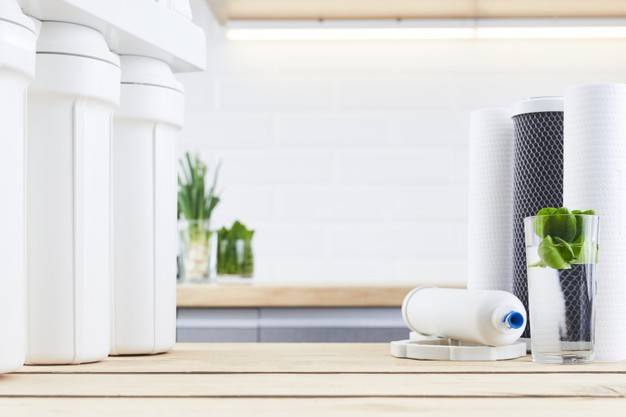Clean and safe drinking water is essential for your health and well-being. With increasing concerns about water quality and contamination, investing in a water filter is a smart decision to ensure that the water you and your family consume is free from harmful pollutants. But with so many options on the market, how do you choose the right water filter for your needs?
In this comprehensive guide, we’ll walk you through the key considerations, filtration techniques, and practical tips to help you make an informed choice. Let’s dive in!

Why Filter Your Tap Water?
The safety and quality of tap water can vary significantly depending on your location, water source, and local treatment methods. Common contaminants found in tap water include chlorine, lead, bacteria, pesticides, and heavy metals.
By eliminating these impurities, water filtration improves the taste, odor, and safety of drinking water. Moreover, water filters reduce the risk of health issues such as gastrointestinal diseases, cancers linked to chlorine byproducts, and lead exposure.
Understanding Water Filter Types and Technologies
Different water filters use various technologies to remove contaminants. Let’s explore the most popular types and their pros and cons:
- Pitcher Filters: These portable and affordable filters use activated carbon to reduce chlorine, improve taste and odor. However, they may not remove other harmful contaminants like lead or bacteria.
- Under-Sink Filters: Installed under your sink, these filters connect directly to your waterline and offer comprehensive filtration. They require professional installation but provide higher filtration capacity.
- Faucet-Mounted Filters: Easy to install, these filters attach to your faucet and filter water for cooking and drinking. They’re convenient but may not fit all faucet types.
- Reverse Osmosis (RO) Filters: RO systems use a semi-permeable membrane to remove a wide range of contaminants, including heavy metals and fluoride. They produce high-quality water but may generate wastewater during the filtration process.
Pro Tip: Consider your water quality, usage needs, and budget when choosing a filter type. You can test your tap water using a water quality test kit or by sending a sample to a certified lab.
Key Factors to Consider When Choosing a Water Filter
Contamination Removal
Determine the specific contaminants present in your water and select a filter designed to remove them. For example, if lead is a concern, look for filters certified to reduce lead.
Filter Certification
Look for filters that are certified by organizations like NSF International or the Water Quality Association (WQA). Certification means the filter has been independently tested and meets performance standards.
Maintenance and Cartridge Replacement
Consider the ease of maintenance and the cost of replacement cartridges. Some filters may require more frequent cartridge replacements, which could impact long-term costs.
Flow Rate and Capacity
Ensure the filter’s flow rate and daily filtration capacity meet your household’s water consumption needs. A higher flow rate means faster water filtration.
The Benefits of Filtering Your Water
- Improved taste and odor by reducing chlorine and other chemicals
- Reduced risk of health issues caused by lead, pesticides, and bacteria
- Lower environmental impact compared to bottled water
- Cost savings over time compared to buying bottled water
- Protection for children and individuals with weakened immune systems
Final Thoughts
Choosing a water filter is an investment in your health and the health of your loved ones. By understanding the different filter types, key considerations, and benefits, you can confidently make the best choice for your home. Remember, clean and safe drinking water is a crucial component of a healthy lifestyle.

Jay
Jay is a health and wellness enthusiast with expertise in water quality and nutrition. As a knowledgeable advocate for holistic well-being, Jay successfully manages Type 2 Diabetes through informed lifestyle choices. Committed to sharing reliable and authoritative insights, Jay combines firsthand experience with a passion for enhancing health."

